
Children take their afternoon siesta at a kindergarten in Xiangyang, Hubei province, on Monday. (YANG TAO/FOR CHINA DAILY)
The average Chinese person is getting around 90 minutes less sleep a day than 10 years ago, with the duration falling from 8.5 hours in 2012 to just over seven hours last year, according to a report released ahead of World Sleep Day on Monday.
The report said Chinese people went to bed at around 12:33 am last year, more than two hours later than a decade ago.
Jointly prepared by the Chinese Academy of Social Sciences and the sleep institute of mattress supplier Sleemon, the report said people are tending to sleep less and average sleep quality is declining.
The study surveyed more than 6,000 people aged between 18 and 71.
More than 60 percent of respondents had less than eight hours of sleep a day, with new mothers, college students and office workers having more trouble sleeping.
Zuo Heming, secretary-general of the Chinese Sleep Research Society, said shorter sleeping hours are a result of social development.
"Nowadays, people are exposed to masses of information, especially via the internet and smartphones," Zuo said. "People are unconsciously deprived of sleep hours and sleep quality declines in a society with a faster working pace and bigger pressure."
Surfing the internet, long work or study hours, and sleep disorders such as sleeplessness are major factors affecting sleep hours, according to the report.
Guo Xiheng, head of Beijing Chaoyang Hospital's sleep and breathing center, said the results reflect the major sleeping problems of patients.
"Patients with sleeping disorders are prone to be younger," Guo said. "Even primary and middle school students have come to seek help, as some of them showed symptoms such as declining learning ability and sleepwalking."
After a policy aimed at reducing students' homework and tutoring burdens took effect last year, 61.5 percent of parents of primary and middle school students said their children went to bed earlier, the report said.
But just over half of parents still thought their children couldn't get eight hours of sleep, let alone the nine to 10 recommended by the Healthy China initiative.
The Chinese Sleep Research Society also released a white paper last week that analyzed the sleep conditions of different groups in China.
It said that more than 60 percent of teenagers use smartphones, play games and watch TV series when they should be sleeping.
The figure indicates that entertainment has replaced homework to become the main reason for teenagers staying up late, and parents should pay more attention to their children's activities at night, the white paper said.
Guo said high work or study pressure should not be an excuse for young people to stay up late.
"They are expected to arrange their schedules in a reasonable way," Guo said, adding that people should go to bed before midnight.
The white paper also looked at sleep patterns among eight income groups. Those with no income slept best, followed by those on high-middle annual incomes of 300,000 yuan to 500,000 yuan ($47,200 to $78,700).
More than 60 percent of people working in COVID-19 epidemic prevention and control sleep less than seven hours a day, it said.
Compared with the start of the COVID-19 epidemic, the number of people sleeping less than seven hours a night has increased by 25 percent, it added.



















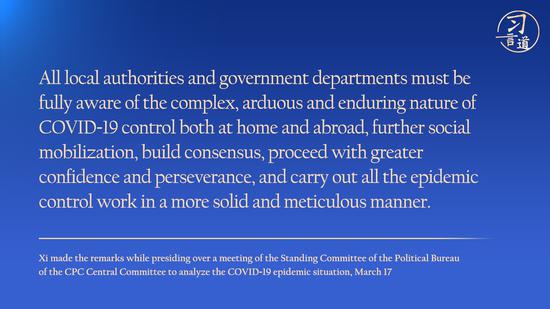


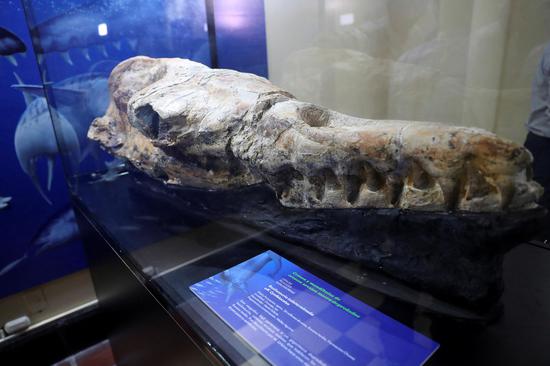







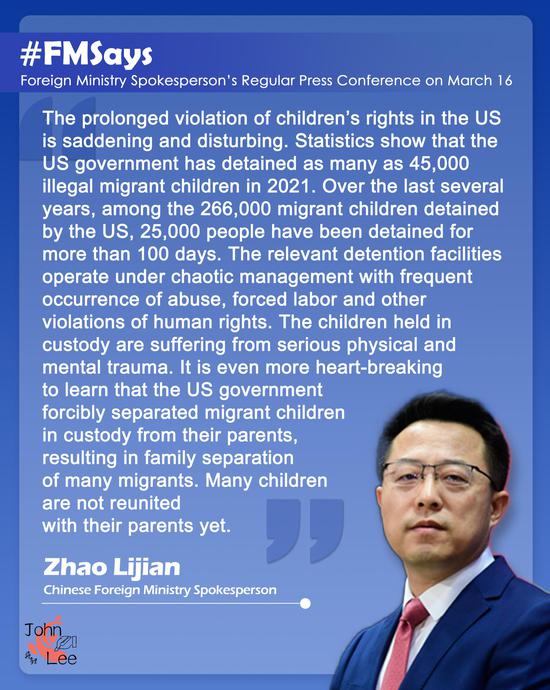

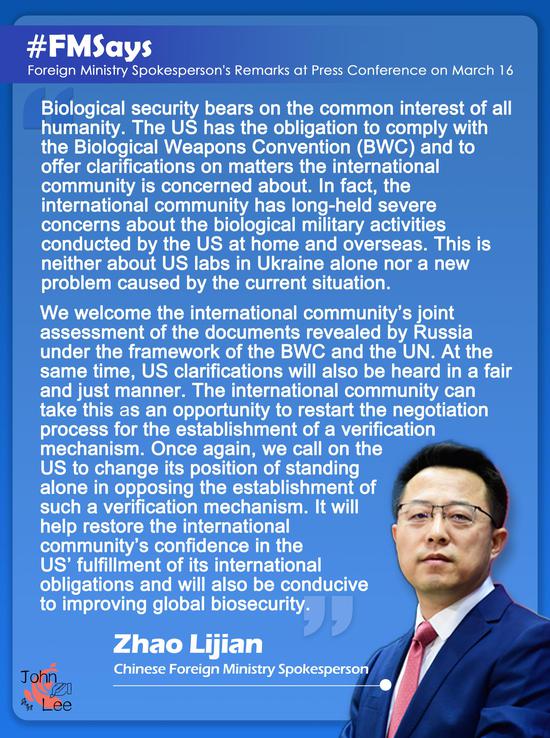


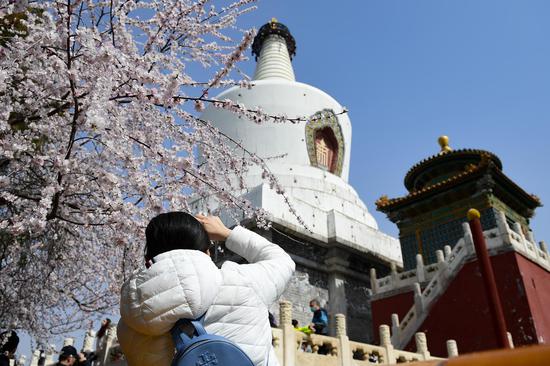


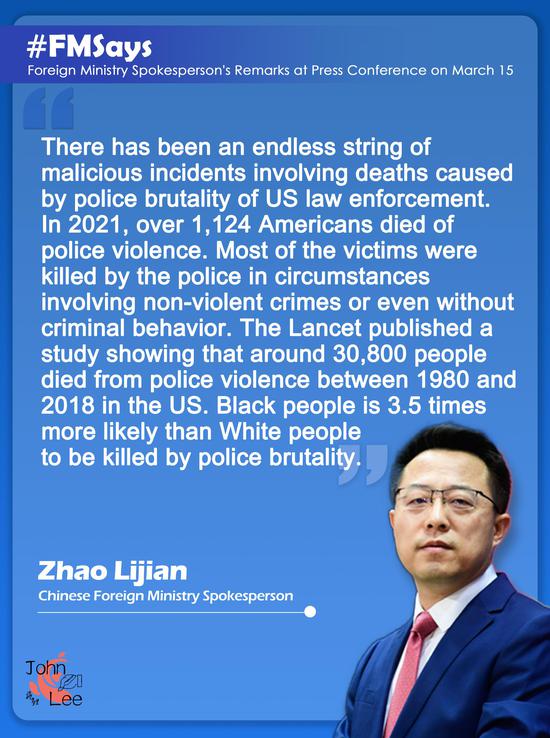




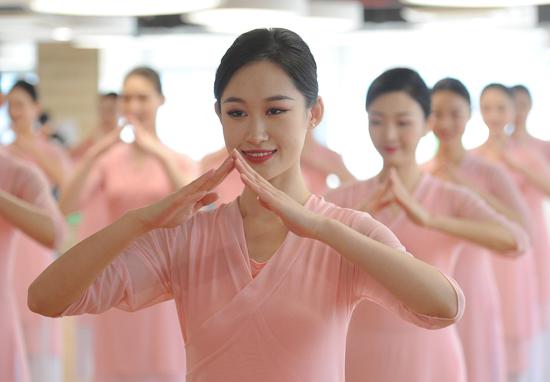






 京公网安备 11010202009201号
京公网安备 11010202009201号